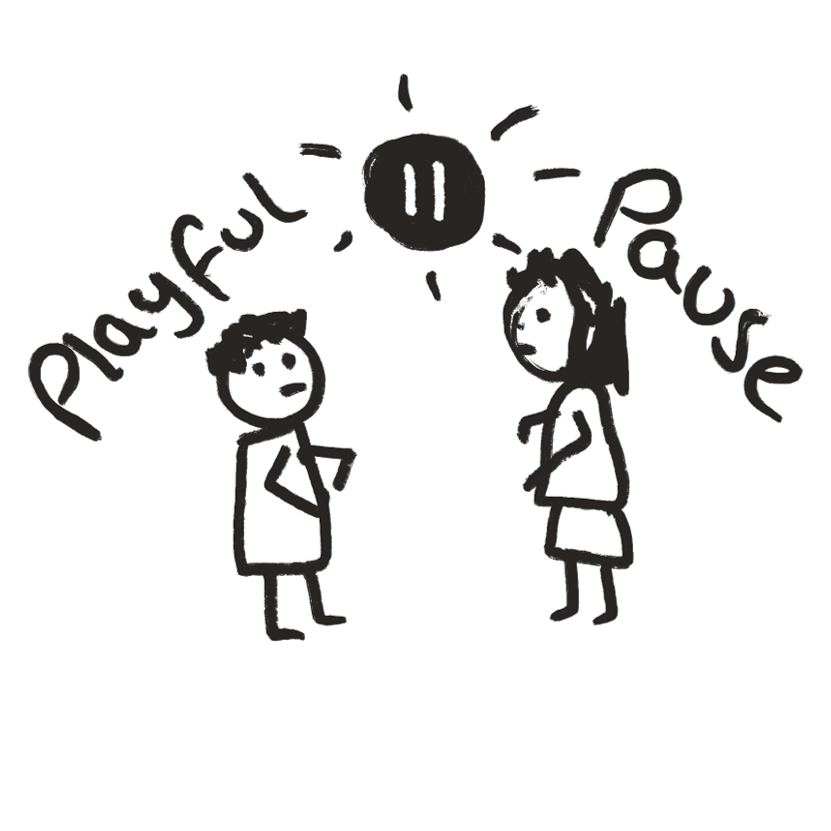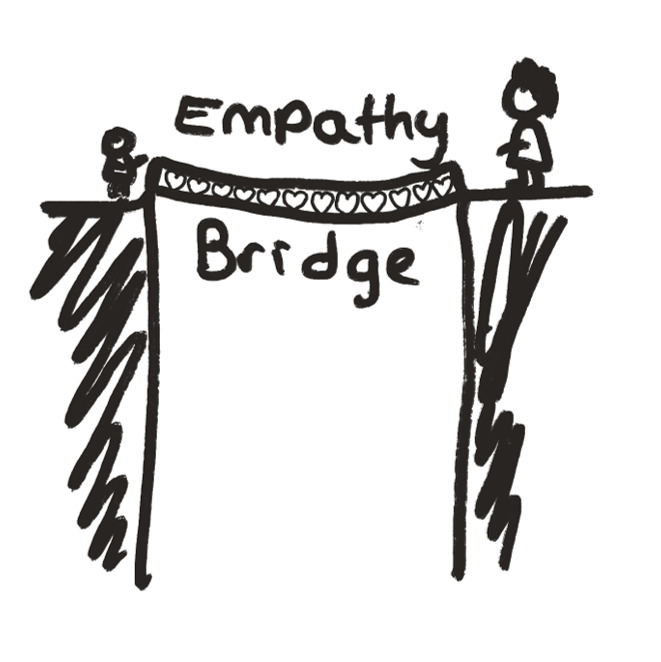Imagine you're sitting alone in a cosy café tucked away on a quiet street. The murmur of conversations around you fades as your thoughts drift to a scenario that haunts many parents.
You picture a weary-eyed mother sitting at a window seat, her hands clasped tightly around a steaming mug of tea. She looks sorrowful so you ask her if she's okay. She confides, "My daughter ran away last week. One moment she was in her room, and the next, gone. Just like that."
A knot forms in your stomach. The thought of a child running away is a universal fear, stirring a mix of panic, guilt, and helplessness. You wonder, Why do children run away? Is it a quest for control in a world where they feel powerless? An impulsive act spurred by a fleeting emotion? Perhaps it's shame, fear of a negative reaction, or the allure of something—or someone—beyond the confines of home.
As you mull over these thoughts, it dawns on you that open, empathetic communication is the fragile bridge connecting us to our children. Every conversation, every shared moment strengthens that bridge. But when communication falters, the bridge weakens, and the distance widens.
You ask yourself what you would do if faced with the terrifying reality of a missing child. The instinct to panic is overwhelming, but deep down, you know that staying calm is crucial.
Perhaps your child hasn't gone far and is watching from a distance, gauging your reaction. Displaying panic or anger might only push them further away.
Gentle communication seems key. Maybe you'd send a simple text: "I'm here when you're ready to talk" or "I hope you're okay." Just enough to let them know you're there without piling on pressure.
When your child returns—and you hold onto the hope that they will—you imagine greeting them with warmth and relief. Offering them something to eat or drink feels natural, a quiet way to re-establish normality and show you care.
You remind yourself to resist the urge to bombard them with questions or express anger. There will be time to discuss what happened, but right now, what matters most is that they're safe and back home.
In the days that follow, you plan to gently explore the reasons behind their actions. Using open-ended questions and, most importantly, listening.
It's in these honest conversations that the threads of that fragile bridge are repaired and reinforced.
Reflecting on your home environment, you consider whether the rules and boundaries are appropriate for your child's age and emotional maturity. Sometimes, what appears to be defiance is really a plea for autonomy or an expression of unmet needs.
As you finish your tea, the imagined story lingers with you. It serves as a poignant reminder of the complexities of parenting and the challenges that come with guiding a child towards independence.
In a world that often feels increasingly disconnected, maintaining open lines of communication with our children is more important than ever. It requires patience, empathy, and sometimes, a willingness to confront uncomfortable truths about ourselves and our relationships.
But in those moments of vulnerability and honest dialogue, we have the opportunity to strengthen the bonds that hold us together—to ensure that, even if they stray, our children know the way back home.
You picture a weary-eyed mother sitting at a window seat, her hands clasped tightly around a steaming mug of tea. She looks sorrowful so you ask her if she's okay. She confides, "My daughter ran away last week. One moment she was in her room, and the next, gone. Just like that."
A knot forms in your stomach. The thought of a child running away is a universal fear, stirring a mix of panic, guilt, and helplessness. You wonder, Why do children run away? Is it a quest for control in a world where they feel powerless? An impulsive act spurred by a fleeting emotion? Perhaps it's shame, fear of a negative reaction, or the allure of something—or someone—beyond the confines of home.
As you mull over these thoughts, it dawns on you that open, empathetic communication is the fragile bridge connecting us to our children. Every conversation, every shared moment strengthens that bridge. But when communication falters, the bridge weakens, and the distance widens.
You ask yourself what you would do if faced with the terrifying reality of a missing child. The instinct to panic is overwhelming, but deep down, you know that staying calm is crucial.
Perhaps your child hasn't gone far and is watching from a distance, gauging your reaction. Displaying panic or anger might only push them further away.
Gentle communication seems key. Maybe you'd send a simple text: "I'm here when you're ready to talk" or "I hope you're okay." Just enough to let them know you're there without piling on pressure.
When your child returns—and you hold onto the hope that they will—you imagine greeting them with warmth and relief. Offering them something to eat or drink feels natural, a quiet way to re-establish normality and show you care.
You remind yourself to resist the urge to bombard them with questions or express anger. There will be time to discuss what happened, but right now, what matters most is that they're safe and back home.
In the days that follow, you plan to gently explore the reasons behind their actions. Using open-ended questions and, most importantly, listening.
It's in these honest conversations that the threads of that fragile bridge are repaired and reinforced.
Reflecting on your home environment, you consider whether the rules and boundaries are appropriate for your child's age and emotional maturity. Sometimes, what appears to be defiance is really a plea for autonomy or an expression of unmet needs.
As you finish your tea, the imagined story lingers with you. It serves as a poignant reminder of the complexities of parenting and the challenges that come with guiding a child towards independence.
In a world that often feels increasingly disconnected, maintaining open lines of communication with our children is more important than ever. It requires patience, empathy, and sometimes, a willingness to confront uncomfortable truths about ourselves and our relationships.
But in those moments of vulnerability and honest dialogue, we have the opportunity to strengthen the bonds that hold us together—to ensure that, even if they stray, our children know the way back home.










